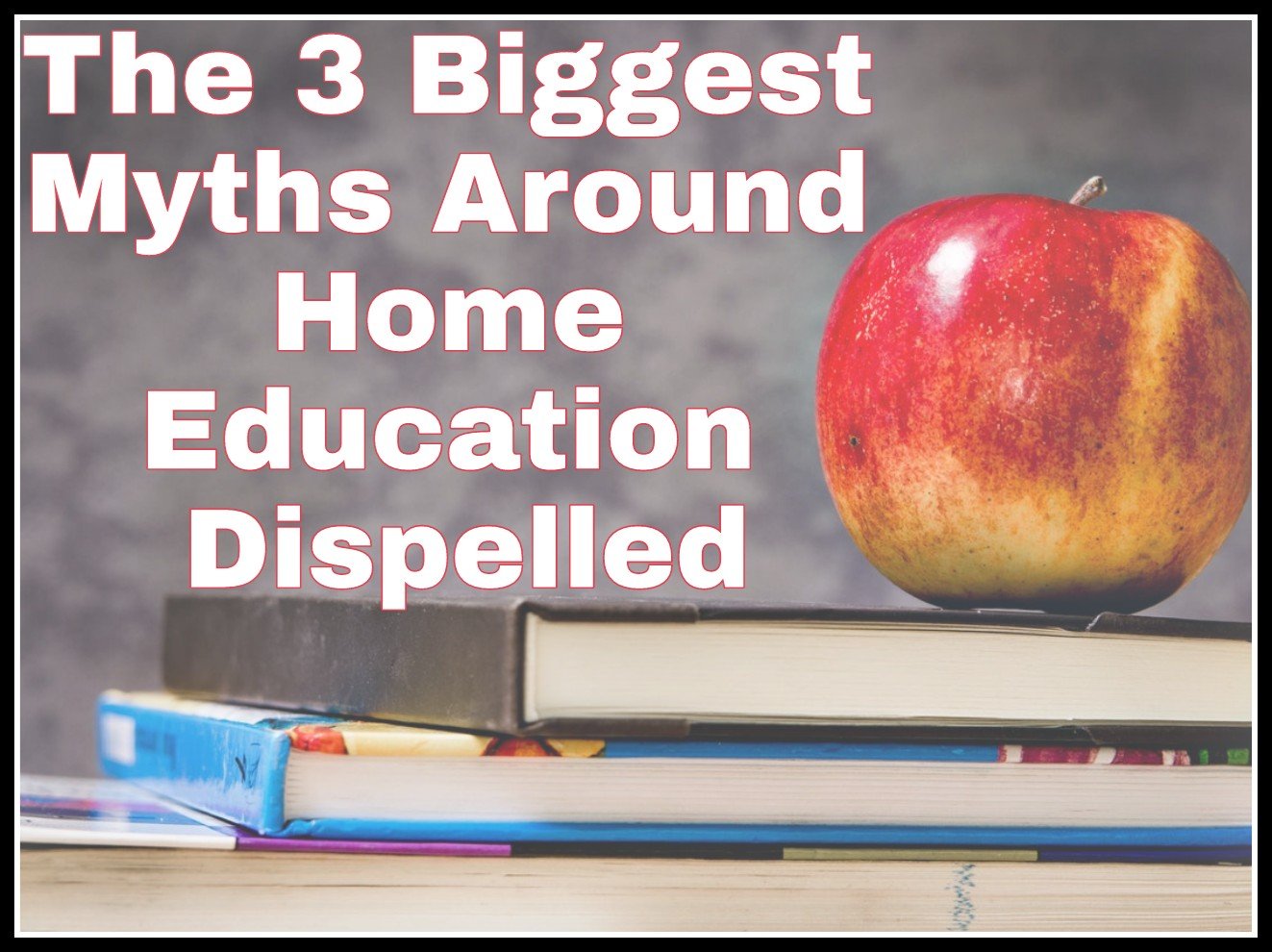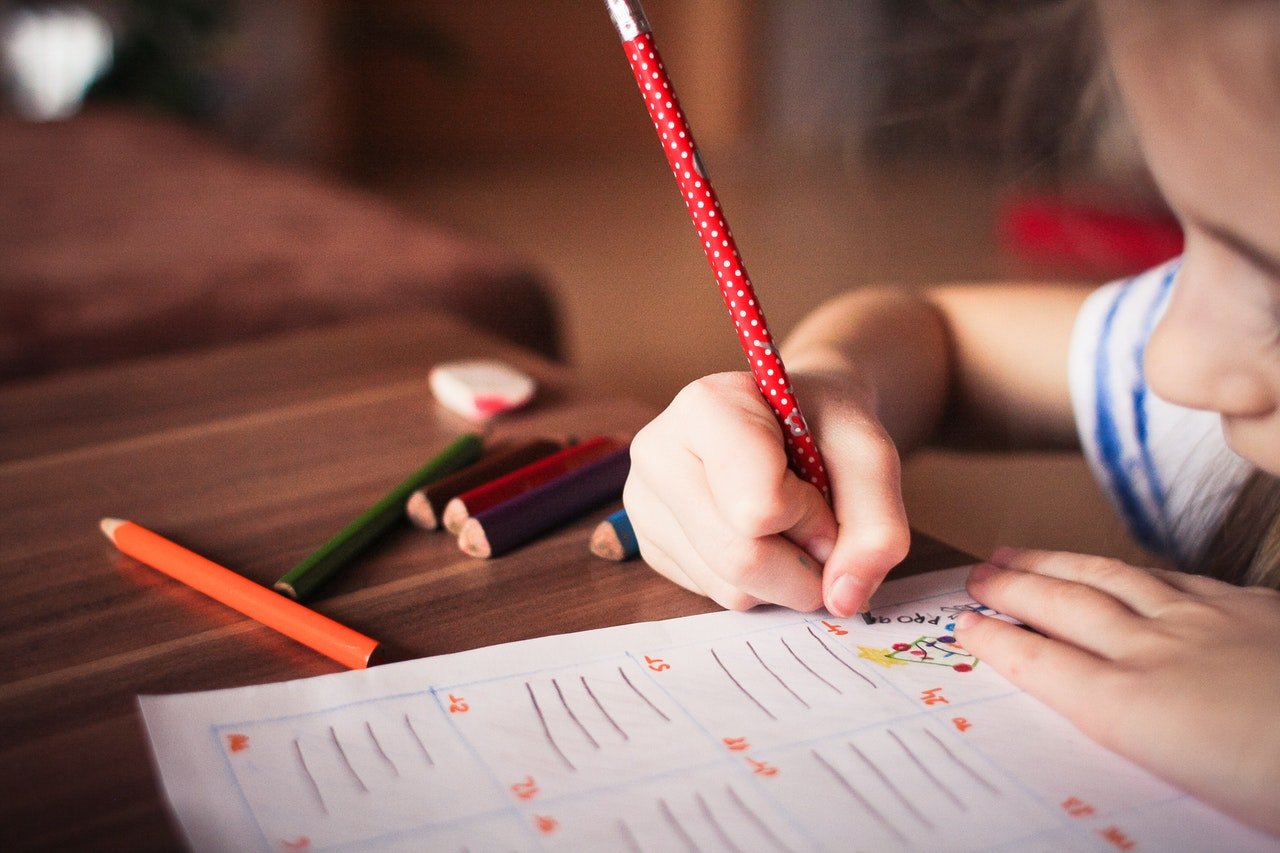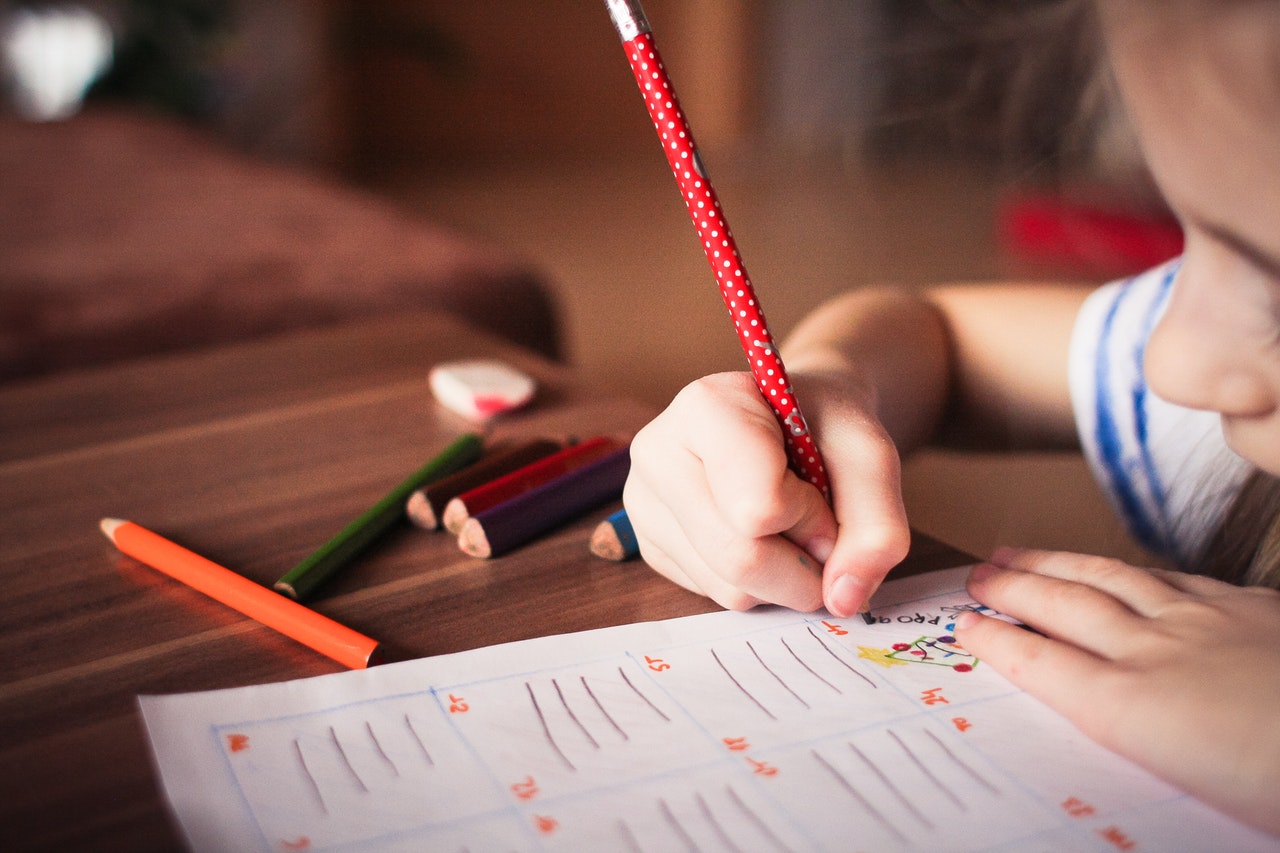Home Education (sometimes also known as homeschooling) isn’t for everybody, and there are many reasons why a parent might prefer a traditional educational establishment. When both parents work full-time, for example, an education at home may seem unachievable. Or for other reasons it may be, or at least feel, out of the question. And of course, many children do enjoy school.
However, there are misunderstandings about home education that put people off the idea. It works for us, but there are those myths that always seem to circulate about home education that need to be dispelled to give any doubters an informed choice. We have listed some of them below, so if you have been sitting on the proverbial fence about whether to home ed your child or not, we may be able to set the record straight on a few things…

Kids miss out on the social aspect of school
Home educated kids don’t spend time in a school with hundreds of children, but to say they don’t have the opportunity to socialise isn’t true at all. It can rely somewhat on the parent, but with a little bit of proactivity, their children can be out socialising with people their own age (and indeed a wide mix of ages!) within the home ed community, and in extra-curricular activities that take place outside of a school environment too. Many home educating parents work with each other as well, organising field trips, groups, activities etc… where their children can learn and mingle together. And besides, not all children fare well socially at school, especially those who are shy and awkward, have SEND, or who struggle to fit in with the varied cliques on the school playground.
Home educated children miss out on college or university
This isn’t true, and there are many colleges who will take home educated children, with or without recognised qualifications. You can normally find this out by checking the college website or by giving them a quick phone call. It’s also possible to study for the relevant GCSE and A-level courses at home and sit exams at a centre. Some study through correspondence courses, or with a private tutor, if that suits them better or the parent doesn’t feel able to cover every subject thoroughly. In some cases, parents home educate their children for a period and then children attend mainstream schooling to study for the relevant exams. So there are options available, meaning those who are home educated won’t miss out on qualifications or further education.
It’s also possible to study for the relevant GCSE and A-level courses at home and sit exams at a centre. Some study through correspondence courses, or with a private tutor, if that suits them better or the parent doesn’t feel able to cover every subject thoroughly. In some cases, parents home educate their children for a period and then children attend mainstream schooling to study for the relevant exams. So there are options available, meaning those who are home educated won’t miss out on qualifications or further education.
Children perform better at a mainstream school
While there are some brilliant schools out there – check out the Leicester High School for Girls with all their fabulous accreditations, for example – there are also schools who struggle under Ofsted’s scrutiny. Still, there are many factors that come into play regards a child’s performance, regardless of where they study. Home education actually offers benefits which could enhance a child’s performance, including customisable learning according to the child’s needs, and one-to-one attention. Mainstream schooling is great, but these two points are hard to achieve, due to their large class sizes and a strict adherence to the National Curriculum. There are pros and cons to any form of education, but to say a child’s performance is affected by home education is a misnomer.

Final word
As we said, home education is not for every parent, and it may not be for every child, either. On the flipside, this might be the preferred choice for both parties depending on the circumstances. Is it right for you? We can’t answer that, but we do hope we have dispelled some of the common myths around the situation.
*This is a collaborative post.


I have many friends who home school, and it’s definitely crossed my mind! Great info!